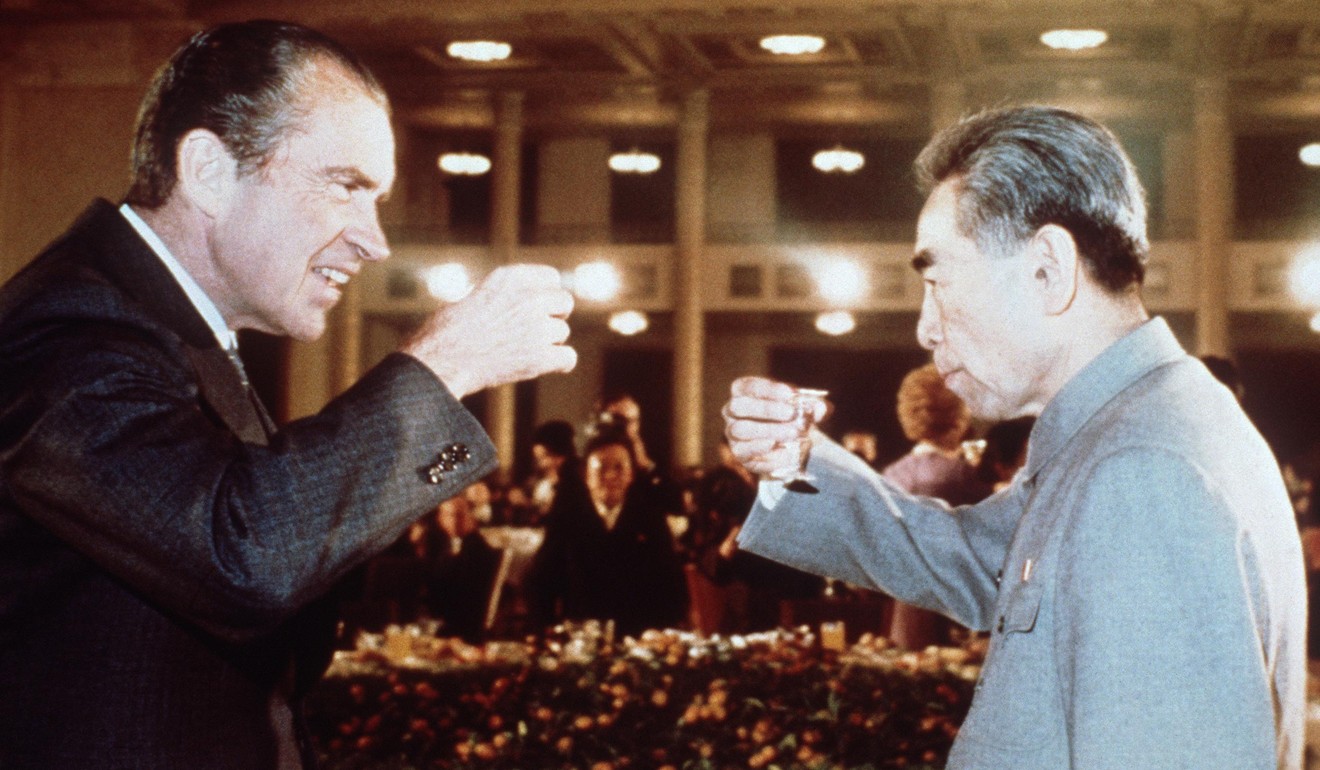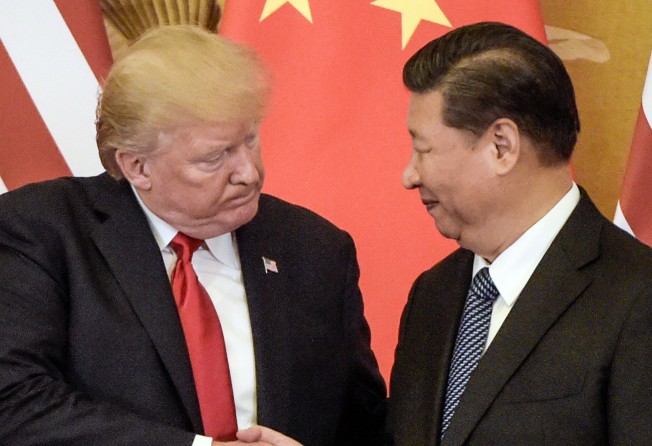
When Donald Trump and Xi Jinping both want to make their countries great again, how can the US and China get along?
- Cary Huang says the US and China have become incompatible in the Trump years. But the relationship is more complicated than that, and the two countries do not have to be on a collision course

Amid the intensifying competition and escalating confrontation between the United States and China, the Brookings Institution and Yale University recently hosted a seminar titled “Are US and Chinese long-term interests fundamentally incompatible?”
It was one more event in a long debate about Washington’s China policy that began with Richard Nixon’s China trip in 1972. And it came after heated discussions between diplomats and scholars earlier this year, when two impactful articles – “The China Reckoning” by Barack Obama’s top diplomat for China, Kurt Campbell, in Foreign Affairs magazine and “How the West got China wrong” in The Economist – argued that Washington’s engagement with Beijing had failed to bring political and economic openness to China.
Undoubtedly, signs of incompatibility between the US and China have increased in the first two years of Donald Trump’s presidency. Tensions are rising and cooperation is waning in almost every facet of the relationship: from trade, technology and investment to Taiwan, the South and East China Seas, regional security and global governance.
One theory about US-China incompatibility is what Harvard political scientist Graham Allison has called the “Thucydides trap”. He has examined the history of how a reigning power and a rising one often, but not always, end up going to war. Putting current US-China relations into perspective, he suggests that the two are on a collision course unless US policymakers stop assuming China is like the US.

But there are also positive examples of the relatively smooth handover of global power, such as the one from Britain to the US around the turn of the last century. The two nations have since become close allies enjoying a “special relationship”.
However, China’s rise, the single most profound and significant geopolitical event of the past four decades, has raised the spectre of China’s dominance, with an increasingly assertive, proactive and ambitious foreign policy agenda, as the country asserts its new-found influence to reshape the established international order.
Thus, there is a common belief in the West that the world has become less safe with the ascent of a single-party communist regime, which has been moving towards authoritarian rule and embracing suppressive Marxist and Maoist orthodoxy in recent years.
Still, although China may overtake the US in terms of economic size in the foreseeable future, the communist giant is still in no position to challenge US supremacy in many areas, including science, education, technology, culture, arts, soft power and military capabilities.
The paradox of US-China relations is that the two sides converge and diverge, and that their interests are neither fully compatible nor incompatible: witness the two countries’ on-again, off-again cycle between cooperation and competition.
As Trump and his Chinese counterpart Xi Jinping both dream of making their respective countries great again, it exaggerates the incompatibility and competition between the US and China.
But whether the world’s current reigning superpower and the rising one can get along is still an unanswered question. Compatibility problems can change or be reversed, in the complex interplay between two countries’ policies on each other.
Even within an administration, there will be hardliners who want to contain a rising economic, technological and military rival, as well as pragmatists who want to manage the competition and lower the political temperature.
Right now, the two countries seem to have irreconcilable goals. While Washington sees China’s rise as a threat to its global primacy and leadership, Beijing presents the US’ challenges as attempts by an anxious declining power to slow China’s ascent.
Xi has described the trade war as a chance for China to become more self-reliant, and redoubled his call for his version of regional economic cooperation. In response, the US has defined China as a “revisionist power” which is advancing its interests and values at the expense of the US.
Worryingly, both Washington and Beijing are pushing the US-China relationship towards divergence, rather than convergence, as they adopt confrontational approaches and adversarial politics.
Cary Huang, a senior writer with the Post, has been a veteran China affairs columnist since the early 1990s